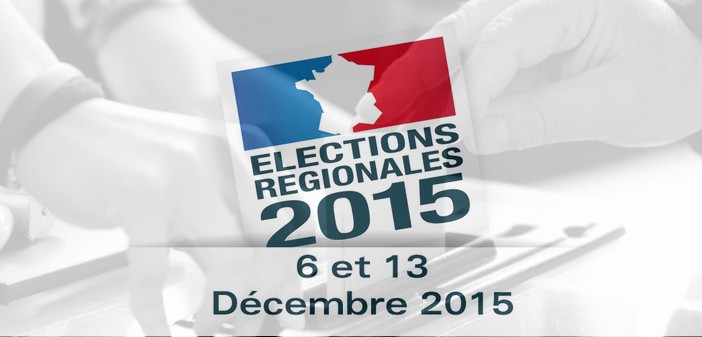As in 2010, 10 lists will participate in this election. The region includes 123 regional councilors, elected for 6 years. The Bouches-du-Rhône will have 49 representatives, the Alpes-Maritimes will have 27, and the Var will have 25. As for the voters of the Alpes-de-Haute-Provence and Vaucluse, they will elect 4 representatives.
Exactly one month from now, the name of the new President of the PACA Regional Council will be known. The voters will have made their choice, and in a democracy, the voters are always right… even when they are wrong!
The final stretch before a regional election with much more significant consequences than it seems.
Firstly, because the competencies of new regions have evolved, especially in terms of economic development and therefore employment, which is the number one concern for families.
Secondly, this election will set the balance of power for the next 18 months and thus in the pre-presidential phase.
The scenario concocted by the “opinion makers” is rather discouraging: A predicted defeat for the left, a vengeful right but struggling against a National Front on the rise.
In this context, six out of ten French people hope that the PS does not stay in the second round of the regional elections or merges with right-wing lists in regions where it would come third behind the right and the FN, according to several polls. They say they are “rather worried” about a FN victory in “one or more regions.”
The PACA region is one where the FN hopes to win. In that case, how will the leaders of the two left-wing lists behave?
If the FdG and EE-LV list stays in the second round, provided it achieves the necessary percentage to do so, the position of the socialists and allies is more uncertain. It will largely depend on the score obtained and the potential chance of success in a triangular race.
The sacrifice would be significant because it would deprive the party of sitting in the regional assembly for six years and would prevent it from speaking at this forum. And it depends on the candidates’ willingness to give up an elected position, even in opposition, which is always worth having and, in any case, is always better than nothing (also from the perspective of sustenance).
On the LR side, “Neither rapprochement nor republican front” with the PS against the FN, assures Nicolas Sarkozy, for whom victories linked to an agreement, even if implicit, with the PS would feed Marine Le Pen’s anti-system propaganda and her old slogan “UMPS.”
However, Christian Estrosi stakes much of his political career on this election because, in the event of a defeat against a young “blonde girl” who only has her surname as a reference so far, he could see his power waver both locally and nationally.
And in such cases, one is never sure if the outstretched hand(s) are meant to help or to favor the fall.
To be continued…


